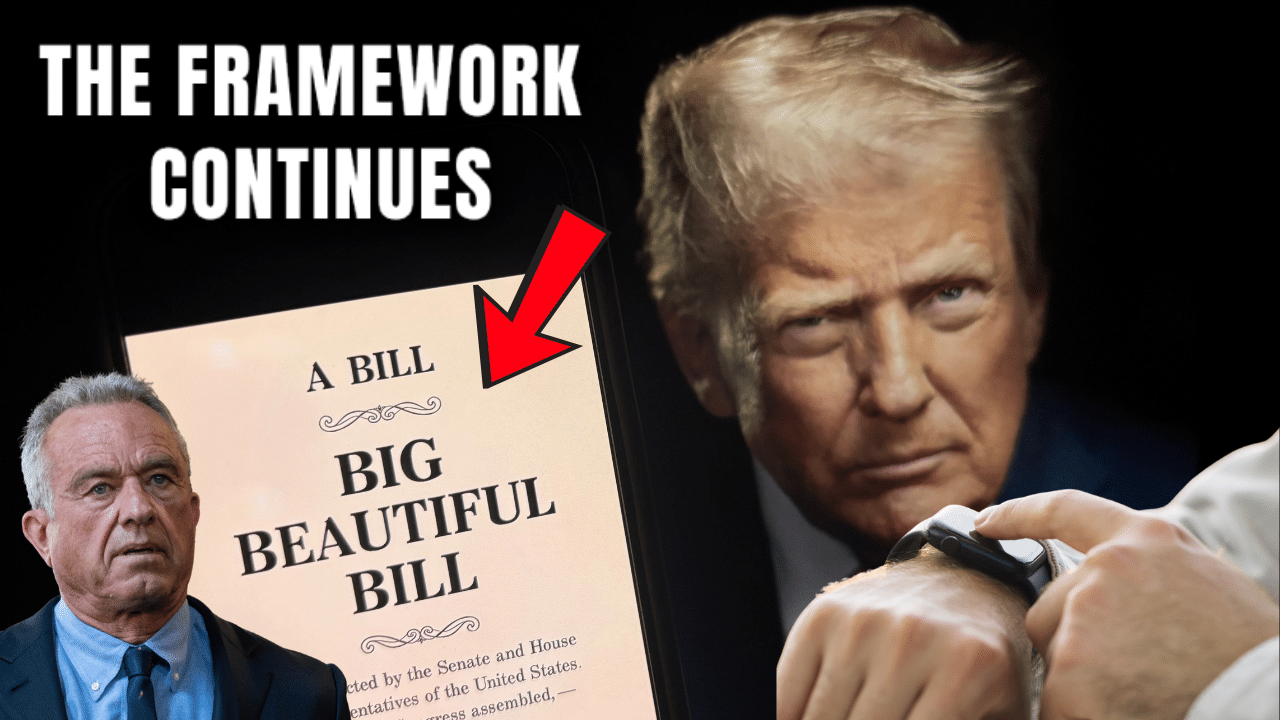(OPINION) In a resurfaced interview with Stanford University’s Hoover Institution from October 2024, Silicon Valley billionaire and Palantir co-founder Peter Thiel shared provocative insights into biblical prophecy, warning of the potential rise of a totalitarian one-world government linked to the concept of the Antichrist.
The Christian Post reported on June 6, 2025, that Thiel, a longtime ally of President Donald Trump, suggested that modern fears of apocalyptic scenarios could pave the way for global authoritarianism disguised as a solution to existential threats.
Thiel, known for his roles in founding PayPal and being the first outside investor in Facebook, argued that the biblical figure of the Antichrist could emerge by exploiting humanity’s fear of catastrophic technologies, such as nuclear war or mismanaged artificial intelligence.
“The Antichrist takes over by talking about Armageddon all the time,” Thiel stated, citing 1 Thessalonians 5:3, which describes the Antichrist’s slogan as “peace and safety.”
He warned that this promise of security could resonate dangerously in a world facing extreme stakes, potentially leading to a global governance system that suppresses individual liberty.
The Christian Post highlighted Thiel’s concern that Americans, including many Christians, are more preoccupied with apocalyptic risks like nuclear war or AI than the subtler danger of a totalitarian one-world state.
“That tells me that we should worry about both, but if you had to prioritize them, you should be way more worried about the Antichrist because no one’s worried about it,” Thiel remarked.
He emphasized that this lack of scrutiny makes the threat of centralized global control particularly insidious, as it could present itself as a humanitarian solution to global crises.
Drawing on early 20th-century fictional works by Vladimir Soloviev and Robert Hugh Benson, Thiel noted that these authors portrayed the Antichrist as a charismatic figure achieving global dominance through persuasive rhetoric.
However, he pointed out a “plot hole” in these narratives: the lack of a clear mechanism for such dominance.
Thiel suggested that modern technology, particularly mass surveillance and AI, could provide the means for a totalitarian system to monitor and control populations, making such a scenario more plausible today.
“The Antichrist probably presents as a great humanitarian, an effective altruist,” he said, warning that this figure or system could co-opt Christian values like compassion to enforce a borderless, controlling world order.
Thiel’s remarks also touched on the concept of the katechon, a biblical restraining force mentioned in 2 Thessalonians 2:6–7, which he described as a counterbalance to the rise of lawlessness or the Antichrist.
He speculated that historical entities like the Roman Empire or 20th-century anti-communism might have served as katechon figures, preserving order against chaos.
However, Thiel cautioned against over-relying on any single institution as a permanent restraining force, suggesting that the katechon is inherently temporary and unstable.
The Christian Post noted that Thiel, while not adhering to a literal interpretation of biblical prophecy, sees these concepts as a framework for understanding modern geopolitical and technological challenges.
He rejected the binary choice between global destruction and a one-world government, advocating for a “third way” that avoids both Armageddon and the Antichrist.
“Antichrist or Armageddon, that framing, we can envision a third way. ‘One world or none,’ that’s pretty hard to envision a third way,” Thiel explained, contrasting biblical language with secular slogans that obscure alternative paths.
Thiel’s warnings come at a time when his company, Palantir Technologies, continues to play a significant role in national security, recently securing a $480 million contract with the U.S. government.
His blend of Christian eschatology and technological insight has sparked debate, with some critics on platforms like Reddit accusing him of promoting surveillance technologies that could enable the very totalitarian systems he warns against.
Others see his reflections as a call to critically examine the trajectory of global governance and technological power.
As Thiel continues to explore these ideas, reportedly considering a book on ancient prophecies and their relevance to modern challenges, his perspective challenges readers to reconsider the intersection of faith, technology, and politics in an increasingly interconnected world.










